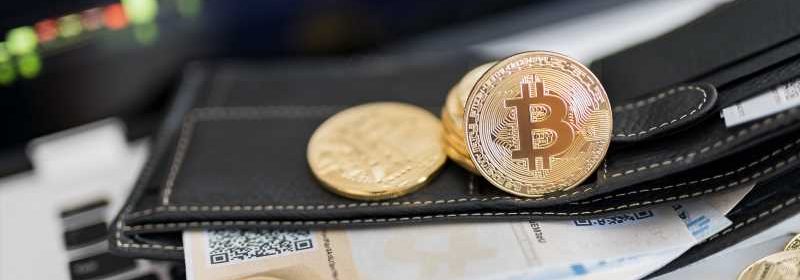Wallet Development At the Forefront of Cryptocurrency Innovation

Wallet development is one of the most significant aspects of the cryptocurrency revolution, yet it remains largely on the sidelines in terms of the larger discussion on mass adoption. All agree that cryptocurrencies cannot fully go mainstream without simple, user-friendly methods for usage and storage. Likewise, as blockchains and digital assets become more advanced, wallets must adapt with the technology. Presently, although many wallet types exist, none has yet to emerge that offers a truly comprehensive list of features for all users. However, this shortcoming may soon change as a new generation of wallets begins to become available.
One of the greatest challenges in developing the perfect wallet is enabling the storage of all crypto platforms. Although many wallets now store dozens of coins, a truly universal wallet has yet to emerge. Many crypto users are thus forced to use multiple wallets, or keep their coins on exchanges. This problem may soon be solved as a number of wallet platforms claim to be on track for universal storage. Infinito, for example, presently supports most major alts and all ERC20 and NEP-5 tokens. Gem and Ethos are two others that have this feature as part of their roadmap.
Other wallet developers seek to offer unique features that will make trading and purchasing crypto easier. A number of software wallets, for example, enable crypto trading and exchange. The most popular of these is Jaxx, which enables conversions between platforms via Shapeshift. Taking this feature one step further, Wattle Wallet plans soon to release a hardware wallet that can do so as well.
Perhaps the most significant move forward for wallets are soon to be released platforms that bridge the gap between fiat and crypto. These will enable storage of fiat and crypto, as well as purchases or conversions. EO Finance plans to release just such a wallet in July. In fact EO refers to its upcoming product as an ecosystem that will enable storage, use, purchase, and exchanging of cryptocurrencies. Another wallet, Abra, currently offers similar services.
These new features and innovations open the door to legal questions, specifically regarding whether these platforms constitute banking or other financial services. The similarities are obvious, especially with the introduction of fiat storage options. Like other aspects of the cryptocurrency space, these wallets operate outside of any regulatory framework, however future attempts at regulation are all but certain. The extent to which the teams behind these wallets will cooperate with regulators is unknown. Some will no doubt embrace it as a means of gaining legitimacy and trust. EO, for example, has obtained Estonian licenses to operate as a virtual currency exchange. Other wallet teams, for example the privacy focused Samourai team, will certainly resist.
It is worth pointing out that the traditional banking industry has certainly noticed the competitive threat poised by crypto services. As more of the public moves into cryptocurrency, banks will no doubt enter the space with offerings of their own. Wallets and other storage mediums will, of course, be a key element of this involvement. The result will likely be a further diversification of how the public uses digital assets.
Like all other aspects of the cryptocurreny revolution, wallet development is creating new means by which people store, use, and manage wealth. New and upcoming wallets promise big innovations, but also blur the lines around issues such as privacy and security. The most important takeaway moving forward is that digital currency wallets are far more than simple storage mediums. They are active innovators making a significant impact on the crypto space and big contributions to how the space moves forward as a whole.
Featured Image via BigStock.
Source: Read Full Article
